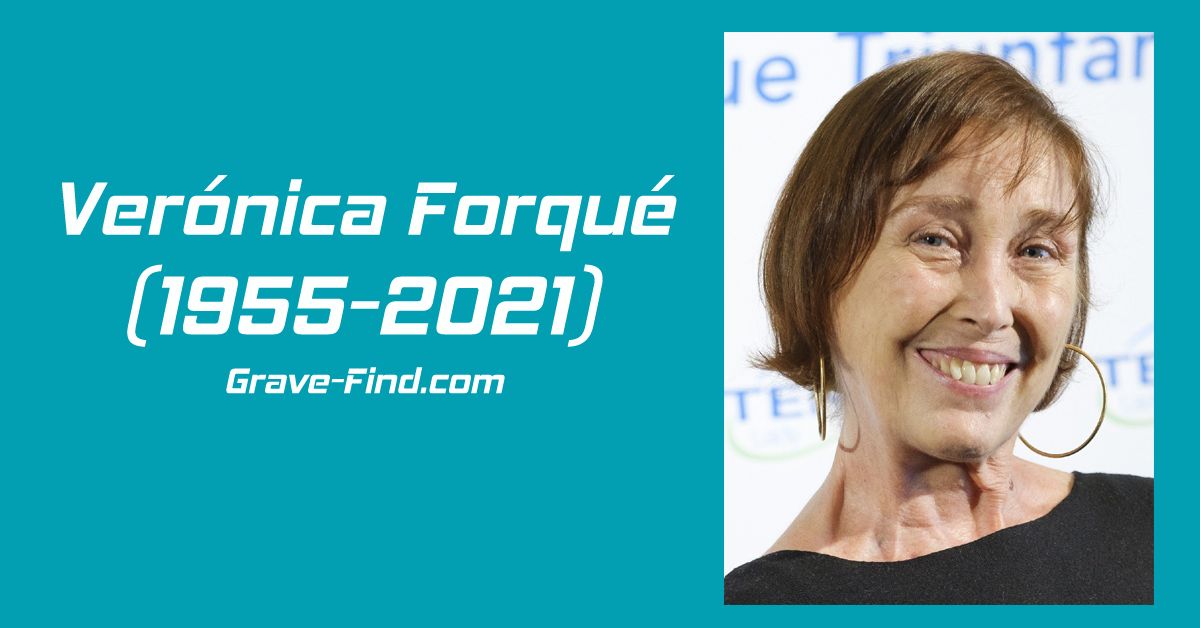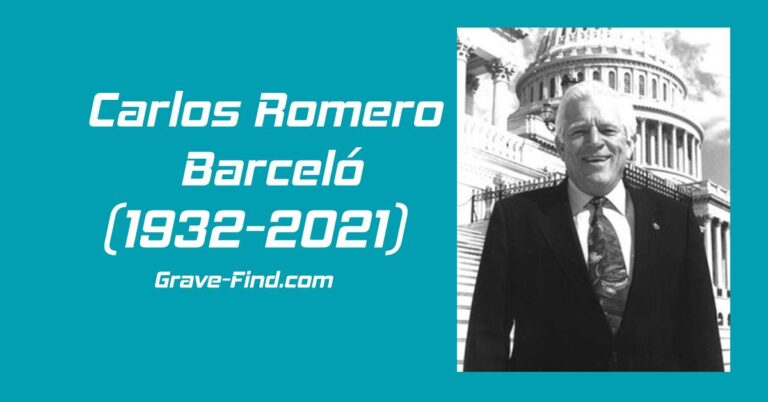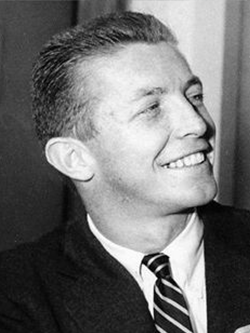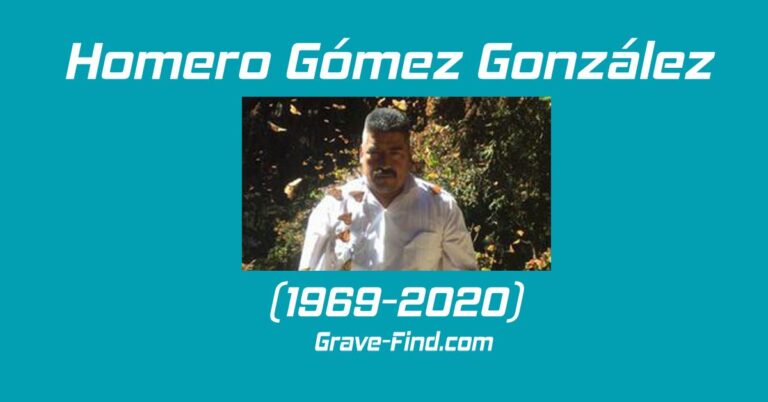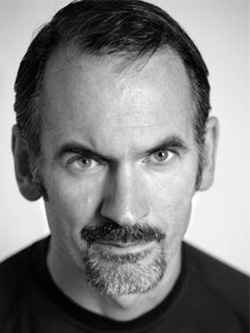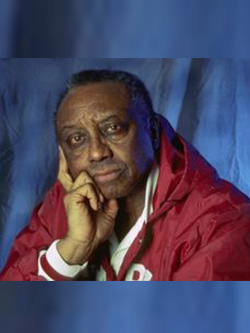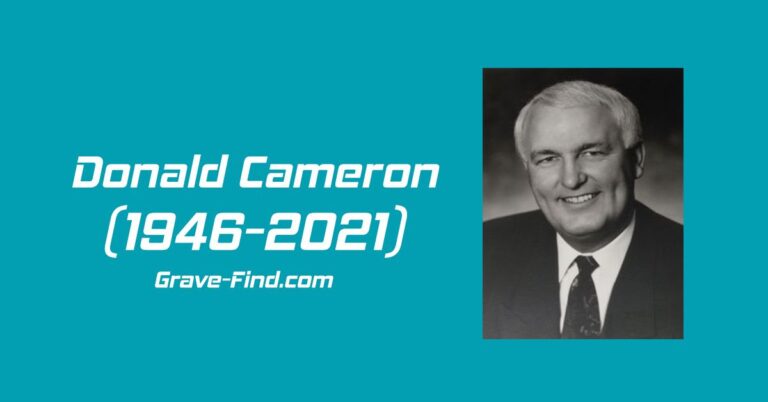Verónica Forqué (1955-2021) Spanish Actress
Verónica Forqué (1955-2021) Spanish Actress dies at 66 in her house.
| Name | Verónica Forqué |
| Age | 66 Years |
| Birth | 1 December 1955 |
| Birthplace | Madrid, Provincia de Madrid, Madrid, Spain |
| Death | 13 December 2021 |
| Deathplace | Madrid, Provincia de Madrid, Madrid, Spain |
| Profession | Actress |
| Spouse | Manuel Iborra ( Married 1981– 2014 Divorced ) |
| Children | María Forqué |
| Parents | José María Forqué ( Father ) Carmen Vázquez Vigo ( Mother ) |
| Burial | Burial Details Unknown |
| Nationality | Spanish |
Verónica Forqué Spanish Actress (1955-2021)
She was best known to film viewers for her comedic roles in Almodovar’s movies such “¿Qué he hecho yo para merecer esto? ” (1984) “Matador” (1986) and “Kika” (1993). She studied psychology but soon, she focuses on the cinema. In 1977, she made her film debut in “Mi Querida Señórita”. Her numerous film roles made her one of the best known actresses on Spanish screen, television and stage.
In her long career, she played among many others in “El Año de las Luces”, “La Vida Alegre” “Bajarse al Moro” and “¿De qué se ríen las Mujeres?”. Verónica Forqué has won four Goya Awards throughout her career, becoming the actress with the most awards along with Carmen Maura.
She made her “small screen” debut in 1964 in an episode of the Tv series “Juan y Manuela”. She would go on to appear in such series as “Curro Jiménez”, “Ramón y Cajal”, “Pepa y Pepe”, “Platos Rotos”, “Eva y Adán, Agencia Matrimonial” and “Amar es para Siempre”. Member of a family of artists, she was the daughter of motion picture director José María Forqué and the writer Carmen Vázquez-Vigo. Her last appearance was in television program “Mastercherf Celebrity” (2021). Suffering from depressions, she was found dead in her Madrid residence .
[bg_collapse view=”link-list” color=”029FB2″ expand_text=”Full Bio ” collapse_text=”Full Bio” ]
Verónica Forqué Spanish Actress Biography
Background
Born in Madrid on 1 December 1955, to a family with an artistic background: her mother was the writer Carmen Vázquez-Vigo and her father was filmmaker José María Forqué. Her grandfather, José Vázquez Vigo , was a musician and composer. She had an older brother, film director Álvaro Forqué.
She began to study for a degree in psychology, but at the age of 17, switched to drama.
Beginnings
Her first film appearances were in the movie My Dearest Senorita, under the direction of Jaime de Armiñán in 1972 and her second appearance was in Una pareja… distinta , a movie directed by her father. In the theater she debuted in 1975 with 19 years old with Núria Espert in the play Divinas palabras. Other early dramatic roles on stage include those of “Laura” in El zoo de cristal and “María” in María la mosca.
Stanley Kubrick selected Forqué for the European Spanish-language dub of Shelley Duvall (playing the role of “Wendy Torrance”) in The Shining (1980).
She married director Manuel Iborra in 1981; they had a daughter, María.
In 1982, she featured in the television series Ramón y Cajal directed by her father; she played the wife of Santiago Ramón y Cajal, Silveria Fañanás García.
Breakout
Her career took a leap forward with her breakout performance as Cristal, “a toothy heart-of-gold hooker” in Pedro Almodóvar’s 1984 film, What Have I Done to Deserve This? She landed her first major television role in the 1985 sitcom Platos rotos, earning a Fotogramas de Plata in 1986 for her performance as Loli. She won her first Goya Award with a supporting role in Fernando Trueba’s 1986 film Year of Enlightment.
In 1988, she won the Goya Awards for both Best Actress and Best Supporting Actress, for her roles in La vida alegre and Moros y cristianos, respectively. She and Emma Suárez are the only two to have won two Goyas in the same year. Of Forqué’s performance as a doctor treating sexually transmitted diseases in La vida alegre, Paula Corroto wrote in El Confidencial, Forqué’s “smile (and laughter) were forever in the hearts of everyone who saw this film. A comedian from head to toe.”
Forqué played the lead in Almodóvar’s Kika (1993). A review by Stanley Kauffmann in The New Republic said her part in the film was “a better role than her American debut in Jimmy Hollywood, but it doesn’t make the most of this spirited comedienne.” Janet Maslin, writing in The New York Times, found Forqué’s performance “spirited and appealing, never in danger of being overpowered by [her] surroundings.”
She starred in television series such as Pepa y Pepe (1995) and La vida de Rita (2003). The former series, loosely inspired by Roseanne and earning audience ratings breaking seven million viewers mark and 40% share, earned Forqué a great deal of popularity in Spain.
Verónica Forqué Spanish Actress Late career
Forqué fell into a depression in the wake of her 2014 separation from Iborra, a situation aggravated by the death of her brother Álvaro some months later.
In 2017, she won the Nacho Martínez award from the Gijón International Film Festival. At the 5th Feroz Awards (2018), Forqué received the Honorary Award, which recognised her long career.
One of Forqué’s last starring roles was in the Ángeles Reiné’s LGBTQ romantic comedy film So My Grandma’s a Lesbian, playing Sofía, the lesbian partner of the character Rosa María Sardá played in her final role; the film was released in 2020 after Sardá’s death.
A participant in the sixth season of the competitive reality television cooking show MasterChef Celebrity, she quit the show during the November 2021 semifinal, citing exhaustion.
Verónica Forqué Spanish Actress Death
Forqué was found dead in her Madrid residence on 13 December 2021 at the age of 66. The cause of death is suspected to be suicide. She left two posthumous performances in feature films. She will appear in 1000 Miles from Christmas (to be released on 2021 Christmas Eve) and Espejo, espejo (tentative 2022 release). She was also providing the voice for Rose in the upcoming animation series Pobre diablo, yet some scenes were still pending for recording; Buendía Estudios reported in the wake of Forqué’s decease that it was “not time to outline (other) options”.
[/bg_collapse]
